
As the net closes on remaining Islamic State group diehards in eastern Syria, the fate of captured foreign fighters and their families has grown into a major international headache.
Many countries remain reluctant to repatriate their jihadist citizens, due to public opposition, the cost of prolonged detentions and concerns that they could pose a security threat.
But pressure is rising on governments to take responsibility for those captured, especially after US President Donald Trump declared in December that American troops will be withdrawn from Syria, leaving local allies facing a struggle to keep prisoners in detention.
North African states Tunisia, Morocco and Algeria have between them seen thousands leave to join jihadist groups in recent years and each has grappled with the issue in its own way.
Tunisia has been one of the key sources of foreign fighters heading to conflicts around the world, with the UN in 2015 saying that some 5,000 citizens had flocked to mainly Syria and Libya.
Under the country's constitution the authorities say they have an obligation to accept those who come home of their own accord, and at least 800 jihadists were either detained or placed under surveillance after making their own way back by late 2016.
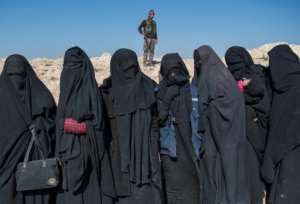 A fighter with the US-backed Syrian Democratic Forces (SDF) keeps watch near women who fled Islamic State group territory in Baghouz. By Fadel SENNA (AFP)
A fighter with the US-backed Syrian Democratic Forces (SDF) keeps watch near women who fled Islamic State group territory in Baghouz. By Fadel SENNA (AFP) But while it has been willing to let people in if they come themselves, the government has categorically rejected helping organise the return of those captured abroad.
Rights activists say this has left children paying a heavy price.
Approximately 200 children and 100 women claiming Tunisian nationality "have been held abroad without charge for up to two years", mostly in Syria and Libya, Human Rights Watch (HRW) said in a report this week, citing Tunisian government figures.
"Legitimate security concerns are no license for governments to abandon young children and other nationals held without charge in squalid camps and prisons," said HRW researcher Letta Tayler.
DNA tests
Tunisia's government worries that repatriating children will only accelerate the return of their jihadist parents, according to a local rights group, the Rescue Association of Tunisians Trapped Abroad.
"The Tunisian state does not have a strategy to take care of these troubled children, who are on average between four and six years old," complained campaign group head Mohamed Iqbel Ben Rejeb.
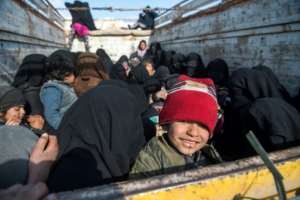 Women and children loaded into the back of a truck on February 11, 2019 after fleeing IS' shrinking pocket of territory in Syria. By Fadel SENNA (AFP/File)
Women and children loaded into the back of a truck on February 11, 2019 after fleeing IS' shrinking pocket of territory in Syria. By Fadel SENNA (AFP/File) But a Tunisian government source insisted that the authorities have made efforts to bring children home, citing a list of 43 children of IS fighters in Libya that was compiled in 2017.
Three on the list were repatriated that year, the source said, but difficulties in legal cooperation with Tripoli have since bogged down the process, and confirming the nationality of children can be a challenge.
In late January, Tunisian forensic police travelled to Libya to take DNA samples from six children whose parents were killed in Sirte, an ex-IS stronghold, according to the local Red Crescent.
A Tunisian government source said a forensics team confirmed the the children's nationalities and they were then repatriated.
But Human Rights Watch says no Tunisian nationals have so far been brought home from Syria or Iraq.
'Majority are dead'
Fellow North African nations Morocco and Algeria have seen fewer of their citizens tempted into the ideology of foreign jihad.
In 2015, the number of Moroccans in the ranks of extremist groups in Iraq and Syria was estimated at more than 1,600.
Since then, some have been killed "in suicide attacks" or by the international coalition fighting IS, while others have fled towards third countries, according to Abdelhak Khiam, the head of Morocco's Central Bureau for Judicial Investigations.
Any returnees are systematically arrested, interrogated, and brought to justice, Khiam said.
An AFP journalist near Baghouz -- where IS is making its last stand in Syria -- said on Thursday that several Moroccan families had left the group's holdout in recent days.
 Abdelhak Khiam, director of Morocco's Central Bureau of Judicial Investigation (BCIJ). By FADEL SENNA (AFP/File)
Abdelhak Khiam, director of Morocco's Central Bureau of Judicial Investigation (BCIJ). By FADEL SENNA (AFP/File) After a short on-the-spot interrogation in the middle of the desert, those detained were set to be transferred to prisons run by US-backed forces.
While there is no official data for the number of Algerians who have gone to fight abroad, a judicial source told AFP that 205 Algerians were wanted for terrorism abroad in late 2017.
"The majority are (presumed) dead in Libya and the Sahel countries, (and) around sixty in Syria and some in Iraq", she said.
There is no official Algerian data on the return of fighters.
But authorities do not look to recover these jihadists and those that try to come back are sent "directly" to prison, said one security source, who did not want to be named.
burs/dwo/del
Read Full Story




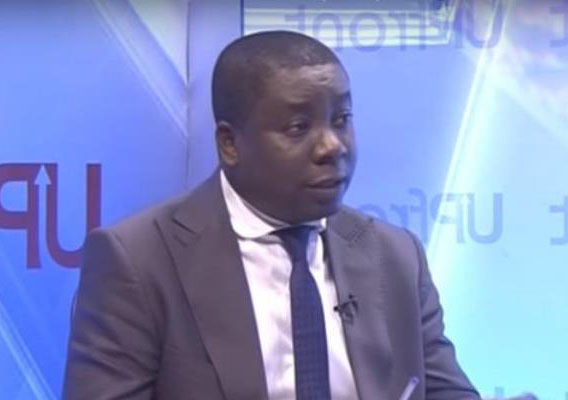





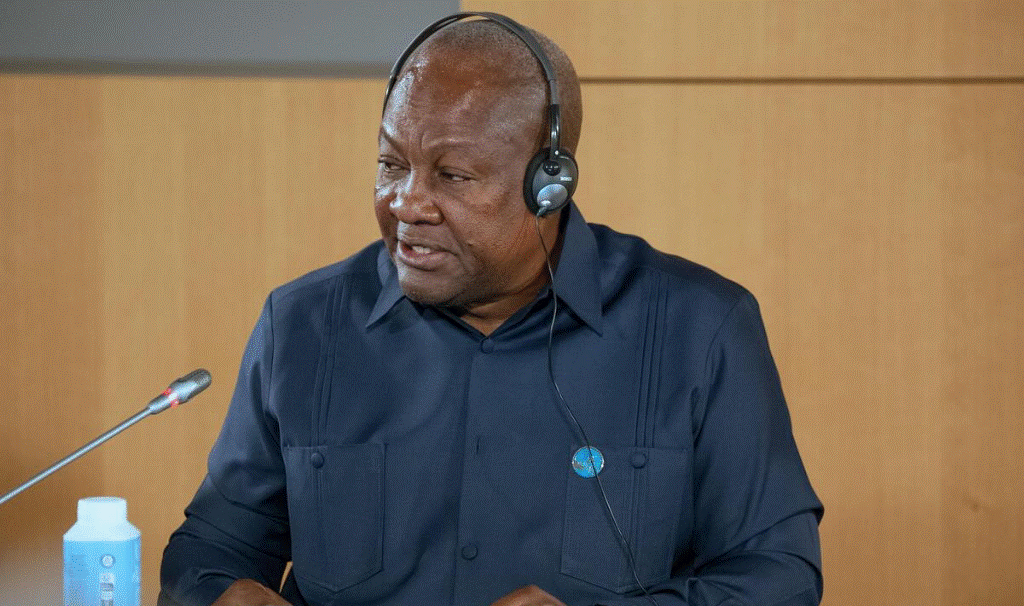



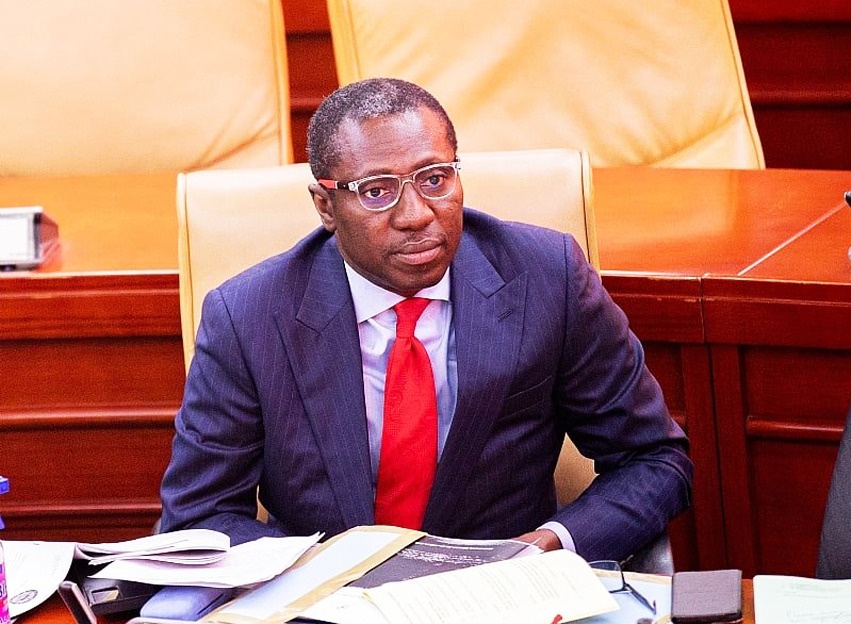
Facebook
Twitter
Pinterest
Instagram
Google+
YouTube
LinkedIn
RSS